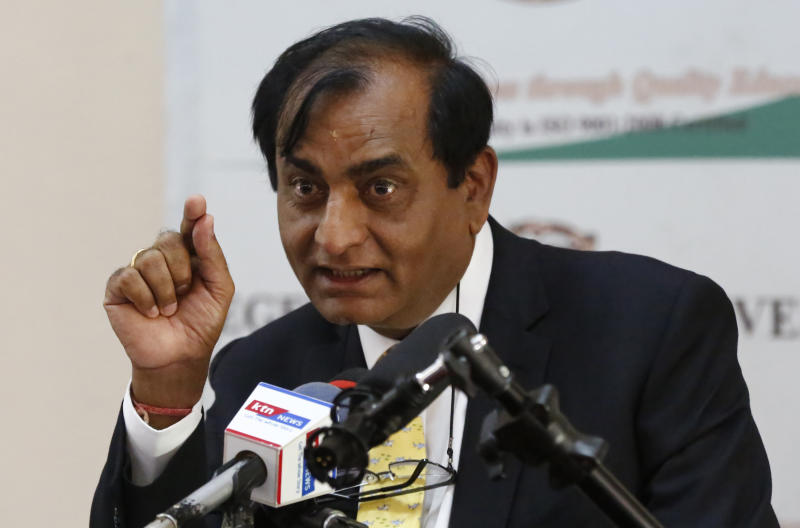×
The Standard e-Paper
Home To Bold Columnists

Industrialist Narendra Raval is eyeing Mumias Sugar Company. Not to make money, he says, but to revitalise the rundown miller and give back to cane farmers the livelihoods that have been ruined by the sector’s decline.
Mr Raval, who is behind steel giant Devki, recently said he planned to lease Mumias and invest Sh4 billion in refurbishing the factory, and use an additional Sh1 billion to farmers who supplied cane to the company but have not been paid.







